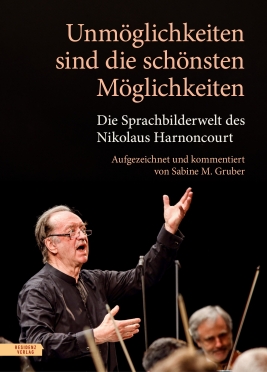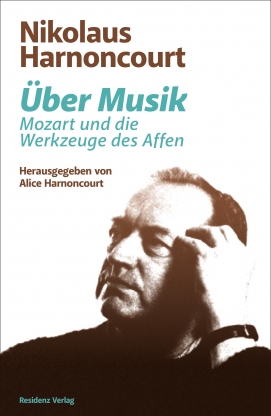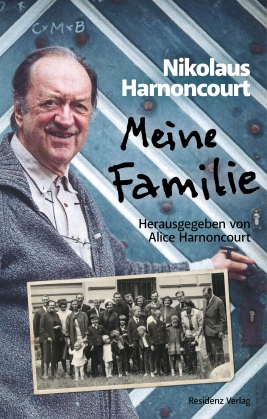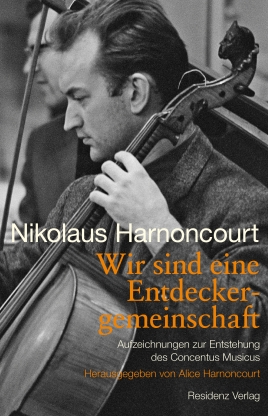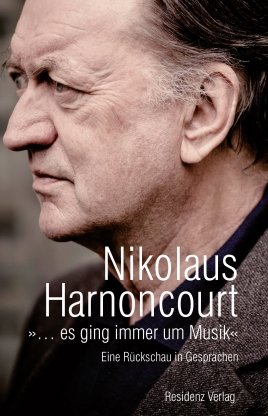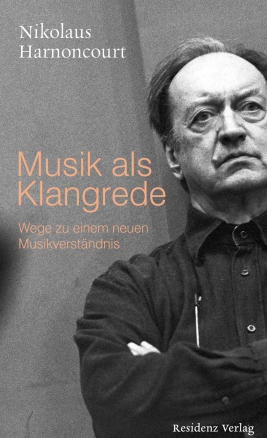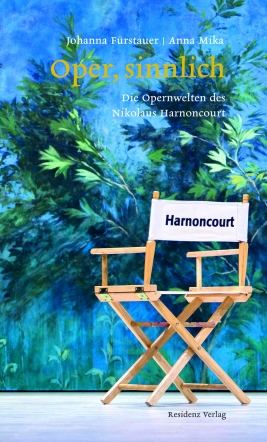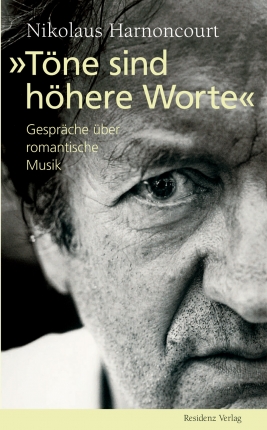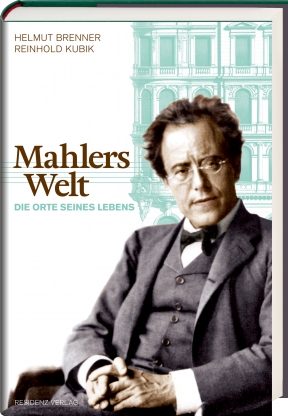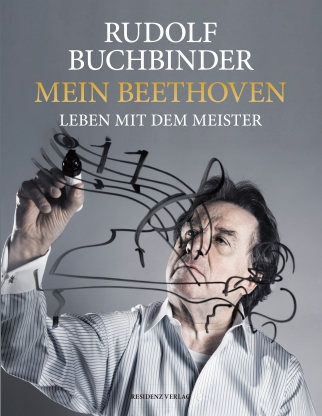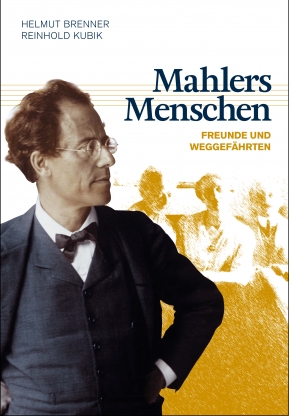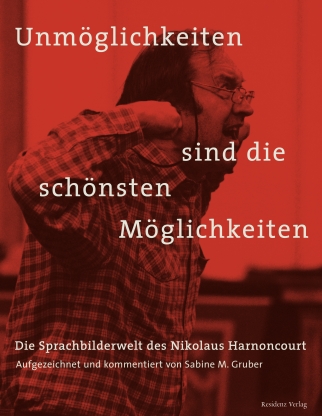
Nikolaus Harnoncourt Sabine M. Gruber - Impossibilities are the finest possibilities.
Nikolaus Harnoncourt’s world of word-pictures
A unique collection of sayings by the enfant terrible of classical music – taken from rehearsals and recording sessions
One of Nikolaus Harnoncourt's great secrets is his talent for language, probably unparalleled within his fraternity – his ability to translate musical images into basic, humorous, precise verbal images. Sabine M. Gruber, a member of the Schoenberg Chorus since the early 1980s, has – as both participant and observer – kept a record of Harnoncourt's inspired linguistic innovations over the years. Linking these with comments of her own, she examines the personality of Harnoncourt, artist and man, and the nature of the musical and artistic process. Reflections and remarks on works by Bach, Beer, Beethoven, Handel, Haydn, Mendelssohn, Monteverdi, Mozart, Purcell, Schubert, Schumann and Strauss combine in this book, which affords a fascinating glimpse through the keyhole of rehearsal-rooms and concert-halls. These are exceptional and authentic insights into the working methods and the personality of one of the most unconventional musicians of our time – full of humour, musical truth and wisdom.
Book details
128 pagesformat:190 x 240
ISBN: 9783701713455
Release date: 01.12.2010
License rights
- World rights available






